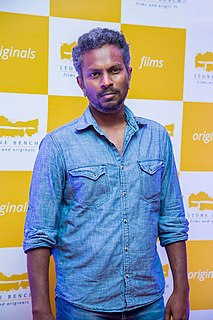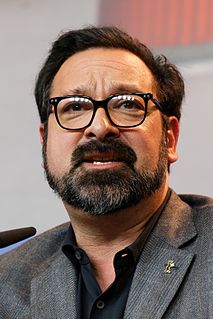A Quote by N. K. Jemisin
To some degree, as I move outside of the exclusive genre audience, the exclusive genre issues don't bother me as much. Maybe that's just speculation.
Related Quotes
I had a lot of issues with the genre, and I probably even had issues with the whole idea of genre. I was coming into it with a certain degree of outsider attitude, and I didn't have a long-term plan. But I think the way it's worked out, it's sort of warped into what I suppose you could say is my own genre. If people like my books, they have some idea of what the next one will be like.
There's something about the sci-fi genre that gets an audience interested in it, so maybe you can take some risks that you couldn't, if you were just doing a drama. It lets you maybe reach a little further and surprise people a little bit more because there's still that little safety base of working on that genre that everybody loves.
I do love science fiction, but it's not really a genre unto itself; it always seems to merge with another genre. With the few movies I've done, I've ended up playing with genre in some way or another, so any genre that's made to mix with others is like candy to me. It allows you to use big, mythic situations to talk about ordinary things.
The beauty of the horror genre is that you can smuggle in these harder stories, and the genre comes with certain demands, but mostly you need to find the catharsis in whatever story you're telling. What may be seen as a deterrent for audiences in one genre suddenly becomes a virtue in another genre.




































